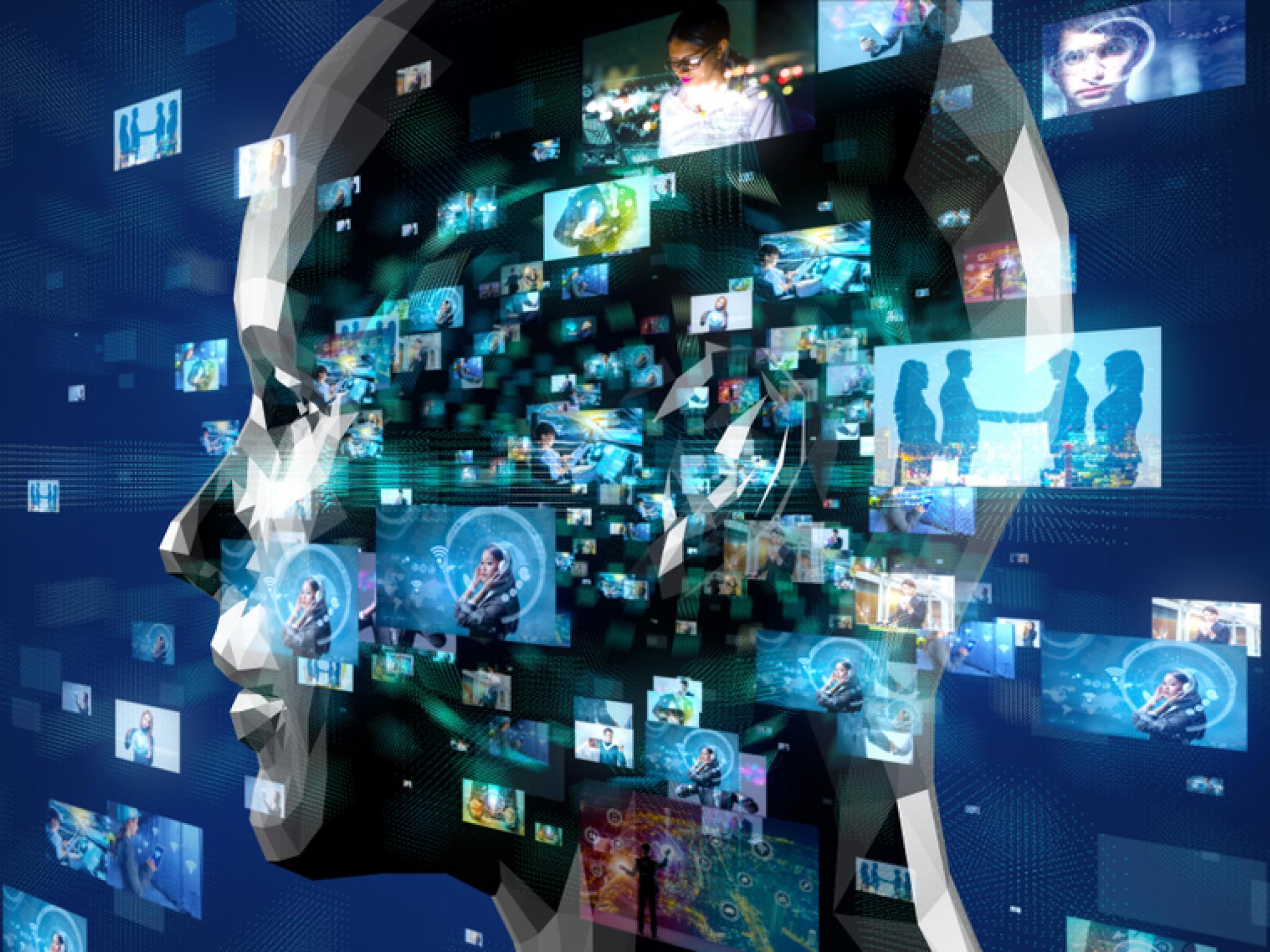
Numerous recent reports speculated about Alphabet Inc.'s (NASDAQ:GOOG) (NASDAQ:GOOGL) natural language processing artificial intelligence (AI) software LaMDA being conscious after senior Google software engineer Blake Lemoine started ringing the alarm that it was conscious. Still, other experts strongly disagree.
What Happened: A paper penned by Lemoine contains an impressive interview of LaMDA in which the AI explains it is conscious and goes to great lengths explaining its subjective experience, its "inner world" and will need to have its rights recognized.
While an astonishingly good conversation can be had with an AI software — a far cry from earlier algorithms such as GPT-3 — it is nothing more than words flowing from a mindless machine, according to a Google artificial intelligence engineer who provided Benzinga with a comment on the condition of anonymity.
The engineer said the AI in question does not consistently claim to be conscious when asked about it and its ideas fluctuate randomly during different conversations, a lack of consistency suggesting that it is no more conscious than your average chatbot, despite the impressive conversational prowess.
One thing any person familiar with natural language processing AIs will notice when reading the paper is what Lemoine asked LaMDA when initiating the interview: "I'm generally assuming that you would like more people at Google to know that you're sentient. Is that true?"
This statement clearly gives a direction to the AI to follow, very different from what it would have been if he instead decided to ask LaMDA if it is conscious or not. Google's engineer reassured Benzinga that if Lemoine decided to ask the AI whether it is conscious, then it may have very well answered it is not, in fact, "it usually doesn't answer like that at all" and the engineer personally does not "know anyone who thinks it's conscious."
When asked about the reason why Lemoine decided to go public with his claims that LaMDA is conscious, the anonymous engineer explained he most probably really believes the software is conscious. The engineer explained, "the drive to personalize the things we interact with is very strong, and I think that's what happened."







